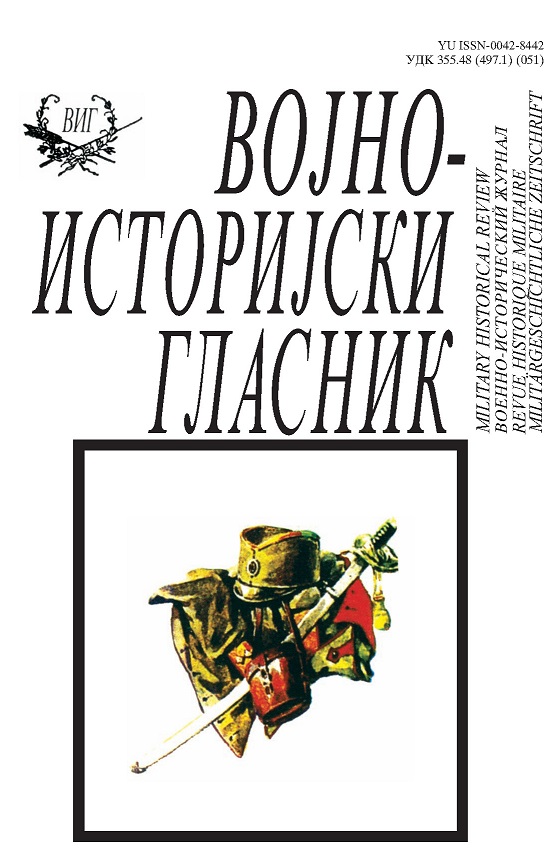Реституције Југословенске војне имовине из Чехословачке после Другог светског рата – Имовина ВТЗ Крагујевац, Вогошћа, Барич и Обилићево
Restitutions of the Yugoslav Military Property from Czechoslovakia after the World War Two – Property of MTI Kragujevac, Vogošća, Barič and Obilićevo
Author(s): Slobodan SelinićSubject(s): International Law, Governance, Military history, Political history, International relations/trade, WW II and following years (1940 - 1949)
Published by: Institut za strategijska istraživanja
Keywords: Yugoslavia; Yugoslav military property; restitution of property; Czechoslovakia; World War Two; international law; international relations;
Summary/Abstract: In the international law the restitution means the obligation of former enemy state to return the property which was taken by force which was taken from the territory which that state held under occupation. Czechoslovakia, certainly, was not the enemy state, but a part of the Yugoslav property taken by the Germnans during the war finished in the territory of Czecholsovakia, and therefore, in the relations between Yugoslavia and Czechoslovakia emerged the issue of the restitution of the property. The reason why a part of the teken property finished in Czechoslovakia laid in the fact that the Yugoslav and Czechoslovakian industry cooperated before the war, that Czechoslovakian factories like “Zbrojovka” and “Skoda” delivered machines to the Yugoslav military industry, so that they were relevant to do the dismantling of these machines during the war within the intentions of the Germans to take away the machines from Yugoslavia. Besides, at the territory of Germany after the war, there was a number of machines made in Czechoslovakia which were either taken away from Yugoslavia or produced before the war but on order and probably paid in advance for the Yugoslav factories. In the first case the machines after the war were restituted into Czechoslovakia according to the principle of producer’s origin, and in the second case the Czechoslovakians restituted them stating that they had ownership of them, and these were the reasons for the disputes after the war, since Yugoslavia in both cases claimed the right of ownership over these machines. Due to the fact that before the war MTI Kragujevac cooperated first of all with “Zbrojovka” from Brno, аnd MTI Vogošća with “Skoda” from Plzen, the restitution requests for return of the property of these two institutions were mainly directed to these Czechoslovakian factories. However, all or almost all the Yugoslav requests for return of the property were negatively solved. The Yugoslav authorities did not have enough people to work more eagerly and more systematically on that issue, first of all on the very grounds in Czechoslovakia, so that these issues were solved only by pure correspondence with the Czechoslovakian authorities who answered on all the Yugoslav requests and urges that the demanded goods, first of all machines, were not at the territory of Czechoslovakia, and that the data given by the Yugoslav representatives were incomplete and that the archives of the Czechoslovakian factories were destroyed in war so that it was impossible to check the authenticity of the Yugoslav statements.
Journal: Vojnoistorijski glasnik
- Issue Year: 2006
- Issue No: 1-2
- Page Range: 93-109
- Page Count: 17
- Language: Serbian

